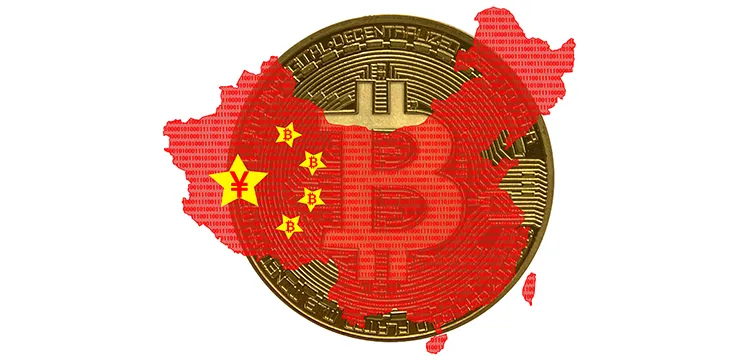|
Getting your Trinity Audio player ready...
|
China’s central bank has completed its crackdown on digital currencies according to its latest report. The People’s Bank of China said it now regulates the sector ‘routinely.’
In its 2021 Financial Stability Report, the PBoC said it has been cracking down on a number of sectors that had caused concern, but it has now resolved most of the issues it was going after.
“The battle to prevent and resolve major financial risks has achieved important phased results,” reads the report which was published in Chinese.
The report then went on to list the specific areas the central bank had been cracking on, stating, “Online asset management, equity crowdfunding, Internet insurance, virtual currency trading, internet foreign exchange trading, and fields have basically completed the rectification work and have been transferred to normalized supervision.”
China's central bank: the crackdown on virtual currency transactions has basically been completed and has been transferred to normalized supervision. https://t.co/T3Pa28BS9R pic.twitter.com/HMzdhDOJ8r
— Wu Blockchain (@WuBlockchain) September 3, 2021
In the past year, the PBoC has cracked down harder than ever before on the digital currency industry. One of the sectors it has focused on is block reward mining, culminating in Chinese miners having to relocate to other countries such as Kazakhstan, Russia and even the U.S. President Xi Jinping’s government has blamed these miners for contributing greatly to China’s carbon footprint at a time when the country is making concerted efforts to reduce it.
The PBoC has also ramped up its efforts against digital currencies. Two months back, it urged commercial banks and mobile and Internet money processors such as AliPay to crack down harder on digital currencies. It also placed emphasis on over-the-counter platforms, claiming that they were allowing Chinese residents to circumvent local regulations.
The renewed crack down on the industry has seen some heavyweights like Huobi and OKEx dissolve their local operations in China. Huobi was the latest to do it, announcing a month ago that regulatory hostility had forced it out.
PBoC’s latest move has seen a local app delisted from app stores in China for offering its native tokens to it users. According to local industry outlet 8btc, the PBoC’s notice to the Shanghai Municipal Administration of Communications led to the latter requiring all app stores to delist Block Eye, a popular app that allows users to access information about blockchain companies. Block Eye has since expanded its services and issues a native token which was what ultimately led to its collision with the PBoC.
Watch: CoinGeek Zurich panel, BSV Blockchain & China

 09-17-2025
09-17-2025 





